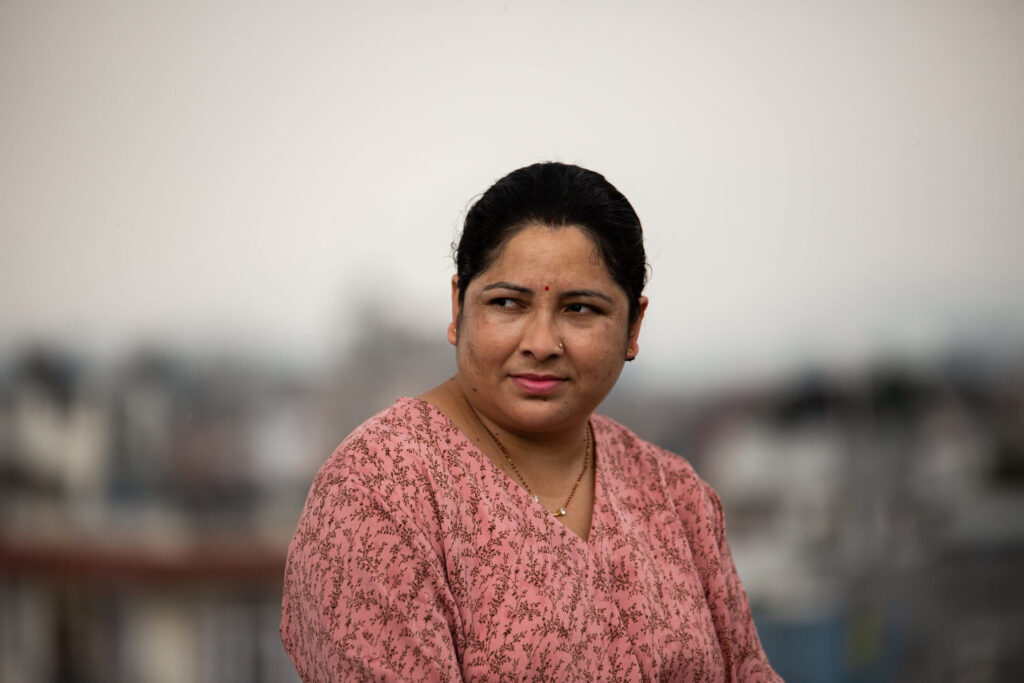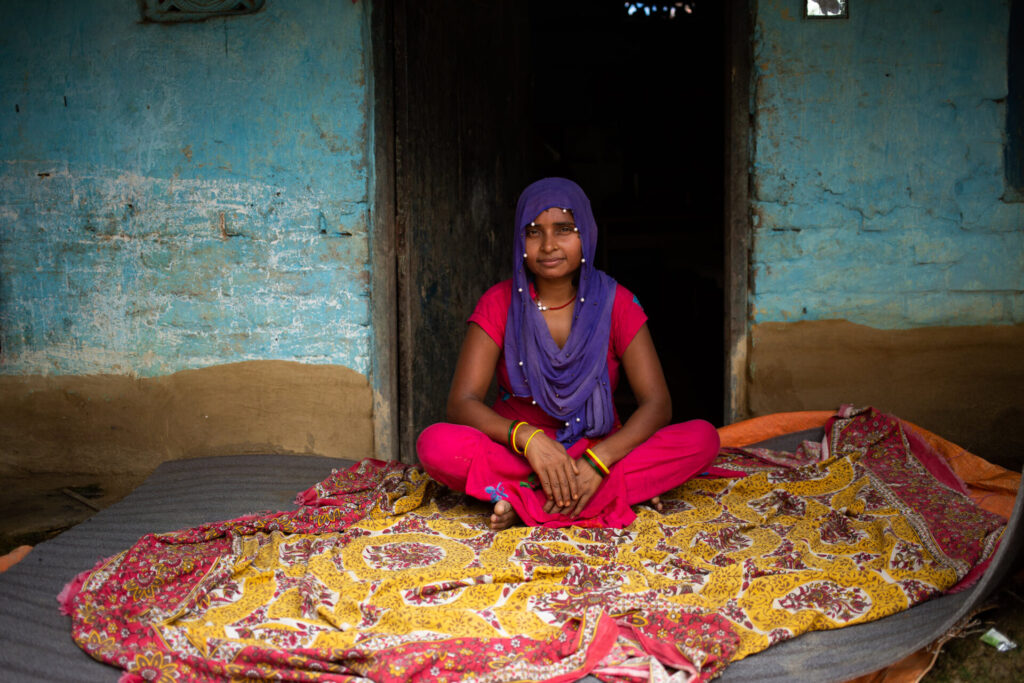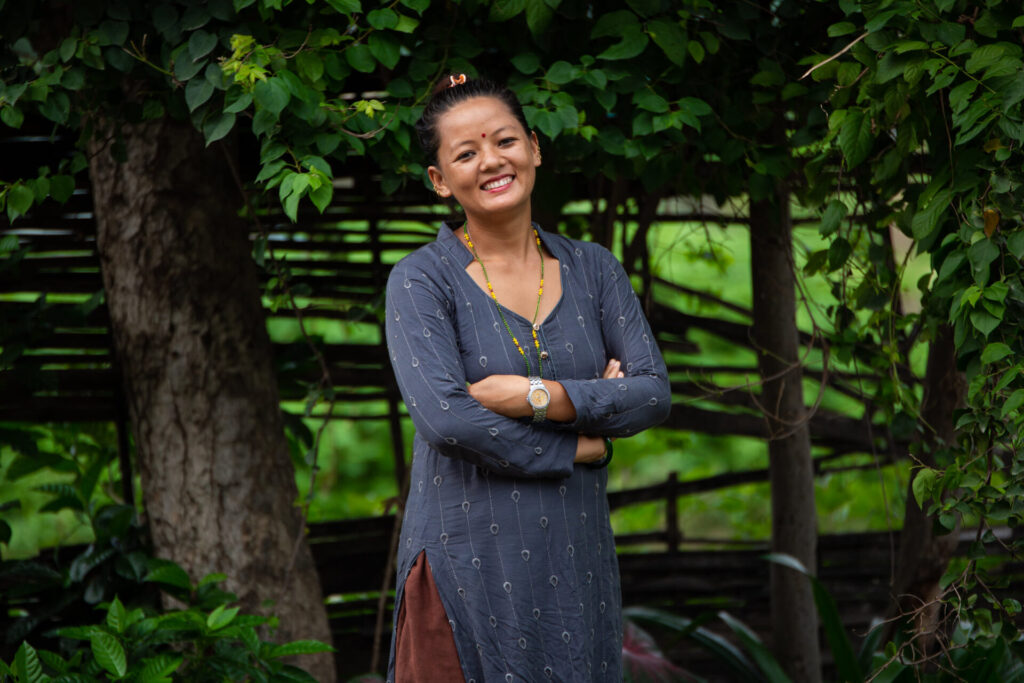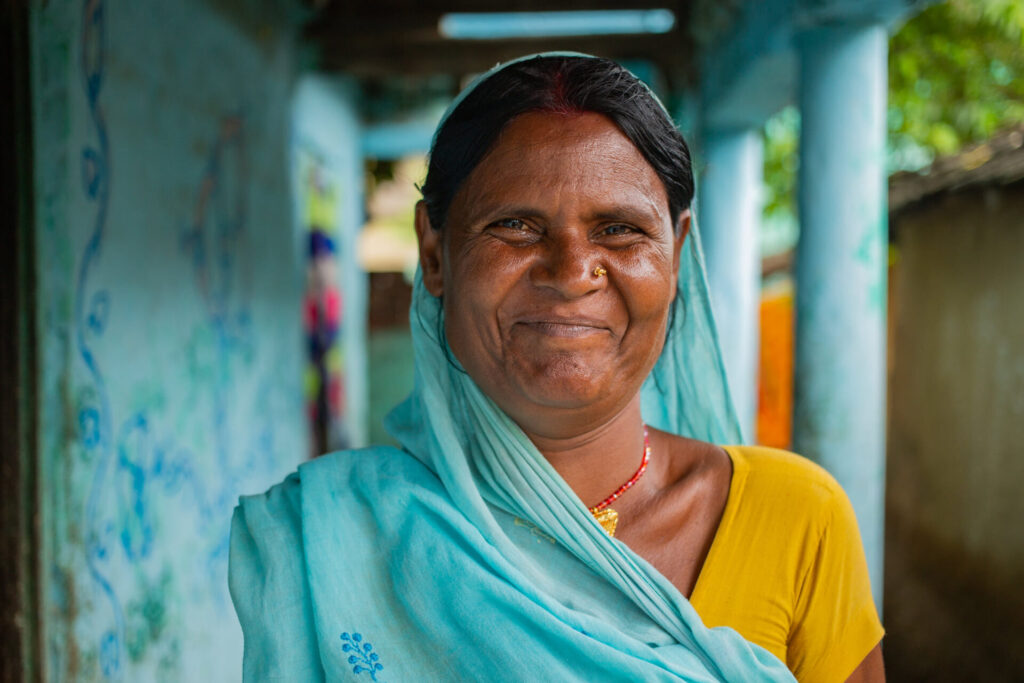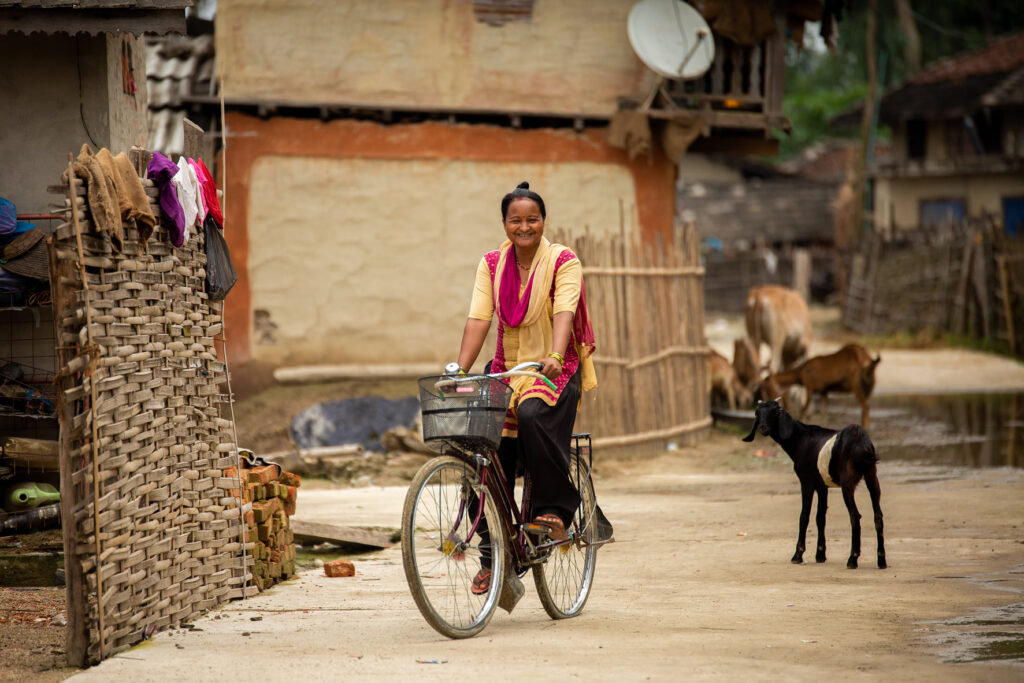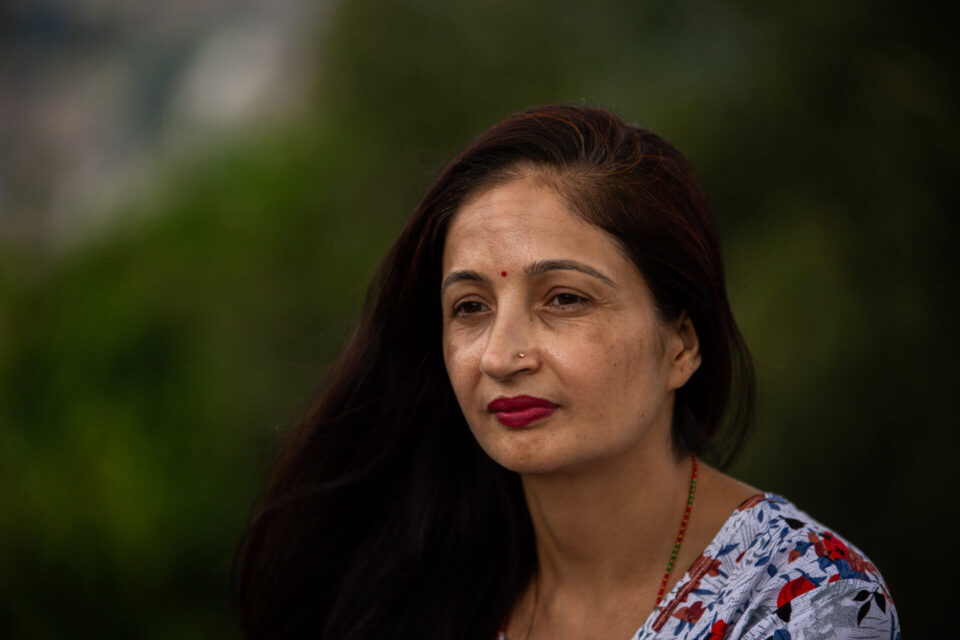
Shanta G Kathmandu
“I was born in Okhaldhunga, a place located in the eastern hills of Nepal. I was 2 years old when our family migrated to the Plains. Although my dad was a simple farmer, I never knew what hardships and struggles were like. There were five children, including me, in the house and our dad had admitted all of us to an English-medium private school. We never had to do the household chores. Despite being the eldest child, all I had to do was focus on my studies. Being privileged, we were never exposed to misfortune. Now, only after having kids, I’m experiencing some stress as a mother. When my first daughter was 5 years old, I was pregnant with the second baby. Everything was normal as no reports showed that there was a problem with me and my baby. However, after the delivery by C-section, the doctor told us that our newborn has Down’s Syndrome. Hearing it, I was of course disappointed. While my husband had been “weak” hearing the news about our second baby, I controlled my tears and myself. I gathered my courage and accepted fate. Instead of crying, I looked forward to making her future better despite her condition. She is not the only kid to have such ailments. It is estimated that 3% of the kids are born with Down’s syndrome. Not just in developing countries, it is prevalent in the most developed countries as well. Since it’s a genetic disorder, there’s no treatment. I’ve attended a couple of training sessions given to the kids and parents like me.
Her growth is very slow and requires intensive attention from us. Unlike the elder daughter, she can’t clearly communicate. Thus, we are training her differently from the very beginning. She tries to pronounce a word and we have to understand it. Sometimes she just points at the object she wants. And I would encourage her to name the object. In that way, I am training her for better communication. After hearing about the parenting session, we formed a group and decided to participate. Many things taught in the session were what we already knew as a parent. However, we didn’t bother to implement them. Who doesn’t know that we shouldn’t show anger to the kids? But in certain circumstances, that anger gets out of us and impacts them. Being in a family, it isn’t always easy to be stress-free. As a housewife and a working mother, I have so many things to handle in and outside the family. Thus, when things don’t work as expected, anger releases. Although I know that I shouldn’t let that affect my kids, anger is hard to control at times.
After taking the session, I was aware of what my kids would expect from me. As a parent, I had always forced my decision on my daughters. I didn’t even know that hugging my baby would make her happy. I learned that we should treat them as human beings and they shouldn’t be ignored. Instead of skipping their curiosity, we should try to address them and share every detail with them. We need to learn to cultivate the habit of being with them. The parenting session helped me a lot to understand my daughter and her desire regardless of her disability. Although the session wasn’t focused specifically on Down’s syndrome, it taught me to accept her as a normal human being and work towards making a better future for her.”
(Shanta G, Kathmandu)
#BecomingAParentSave the Children in Nepal
